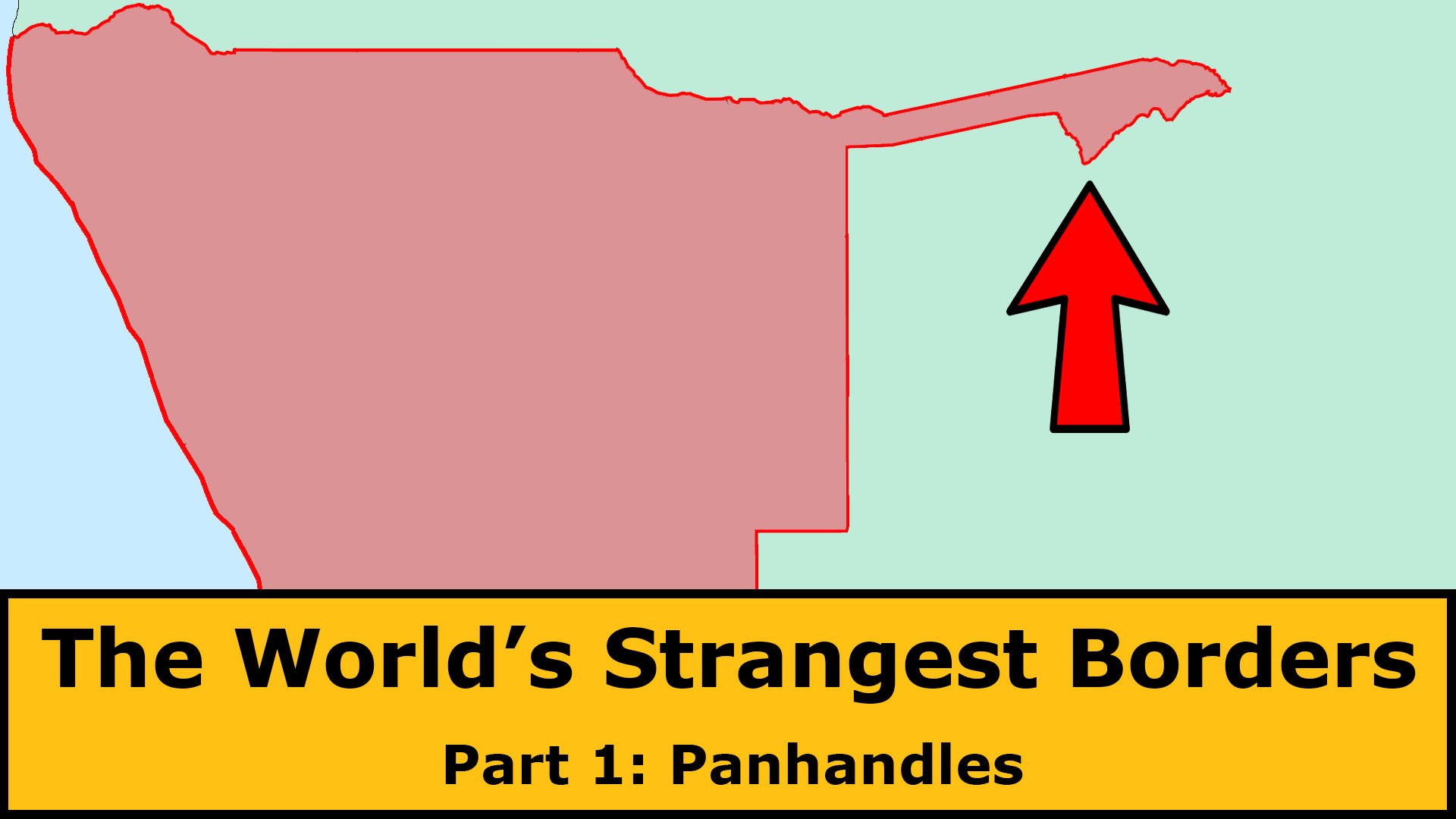In an increasingly interconnected world, the concept of borders—both physical and ideological—invites profound contemplation. For many, borders serve primarily as symbols of division, often engendering conflict and discord. Yet, through the lens of Bahá’í teachings, we can undertake an introspective journey that prompts a reassessment of how we perceive such delineations. The question “Who made these borders?” becomes not merely a political inquiry but rather a spiritual one steeped in the pursuit of unity and understanding.
To grasp the essence of the Bahá’í worldview on borders, we must commence with the foundational principle of the oneness of humanity. Central to Bahá’í philosophy is the assertion that all humans are integral parts of a singular entity. This vision posits that the arbitrary lines drawn on maps are remnants of an outdated paradigm, reflective more of human frailty than of divine intent. As Bahá’u’lláh, the founder of the Bahá’í Faith, elucidated, the earth is but one country, and mankind its citizens. This clarion call begs the question: are the boundaries we observe truly intrinsic to our existence, or are they constructs designed to perpetuate division?
In Bahá’í thought, the creation of borders is viewed through the dual lenses of historical context and spiritual development. Historically, nations and states have emerged from the convergence of various sociopolitical forces, often resulting in territorial claims that foster rivalry. Yet, these developments can be understood as part of a broader narrative aimed at humanity’s maturation. From a spiritual vantage point, borders can reflect humanity’s current stage of evolution, emphasizing our need to transcend primal affiliations in favor of universal kinship.
The Bahá’í teachings invite adherents to investigate the psychological ramifications of borders. They serve as a mirror to the human condition, revealing deep-seated anxieties regarding identity, safety, and belonging. While countries define themselves through territorial integrity, Bahá’ís are called to reflect on the imperatives of compassion, love, and acceptance that ought to underpin humanity’s shared existence. This reflection encourages us to embrace one’s differences while fostering a deep sense of connection to all peoples.
Moreover, borders exemplify the struggle between materialism and spirituality. The material world often emphasizes ownership and isolation; however, Bahá’í teachings encourage a spirited recognition of our collective responsibility. The act of erecting barriers feeds into a narrative of scarcity—a perspective that stands in stark contrast to the Bahá’í understanding of abundance and unity. By dismantling these metaphorical borders within our minds, adherents are equipped to foster a more inclusive, humane society.
In this light, the practice of love and compassion emerges as indispensable tools for transcending borders. The ethos of “the betterment of the world” compels individuals to seek pathways that dismantle division while nurturing cooperation. Such practices extend beyond individual interaction, calling for systemic change in societal structures. Through collaboration, we can turn volatile borders into bridges, enhancing the dialogue of cultural exchange and mutual understanding.
Furthermore, the Bahá’í viewpoint encourages us to consider the natural world as a collective heritage rather than a series of segregated domains. The earth, abundant with resources, is oftentimes viewed through a lens of scarcity due to borders. This perspective neglects the intrinsic interconnectedness that binds all life. As stewards of the planet, Bahá’ís advocate for environmental sustainability and the equitable distribution of resources, reinforcing the idea that borders should not dictate our stewardship of the earth.
Alongside the notion of stewardship arises the discourse on global governance. Bahá’í teachings advocate for the establishment of a universal language and a system of law that transcends national boundaries. Such aspirations underline the imperative for collaborative governance and conflict resolution mechanisms that prioritize the collective well-being of humanity. In this sense, borders are not merely political lines but barriers to the effective implementation of a just and harmonious global society.
This perspective beckons us to question the narratives that inform our understanding of borders. Who enforces these divisions? What ideologies underpin their legitimacy? As Bahá’ís strive for a more just society, one must remain vigilant against the insidious narratives that uphold the status quo. Perspectives on borders need to undergo transformation, evolving from exclusion to inclusivity and from animosity to acceptance.
As we delve deeper into the ramifications of borders, it becomes clear that engaging with this topic requires both humility and courage. The journey prompts individuals to confront their own biases and preconceived notions, as well as to explore how they contribute to a more profound division within the humanity they are called to serve. Ultimately, through a Bahá’í lens, borders challenge us to embrace the promise of unity—a promise that lies within our capacity for love, understanding, and action.
In conclusion, the contemplation of borders invites both personal and societal introspection. Bahá’í teachings have much to offer regarding the deconstruction of barriers that inhibit human flourishing. As we strive towards a future unmarred by division, we must continue to question these divisions and open our hearts to the realities of our interconnected existence. It is this inquiry that reveals the Divine’s intent for humanity—a tapestry woven together in harmony, solidarity, and peace.
